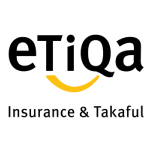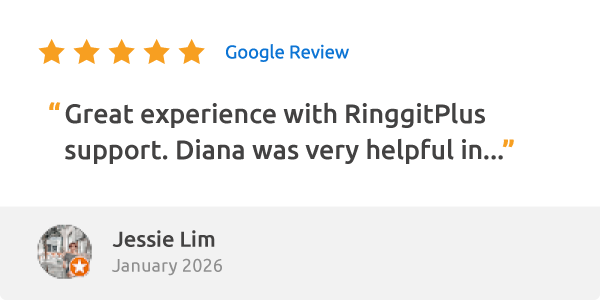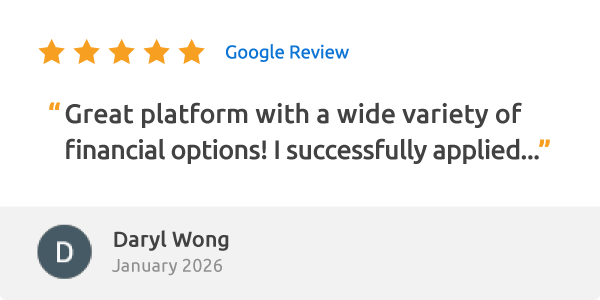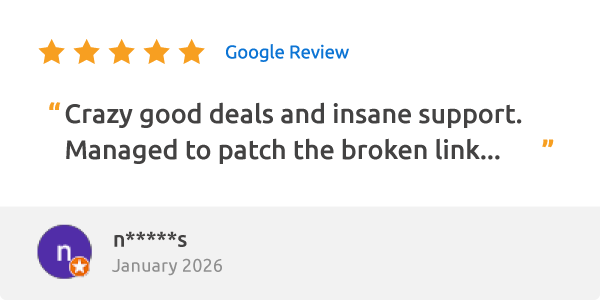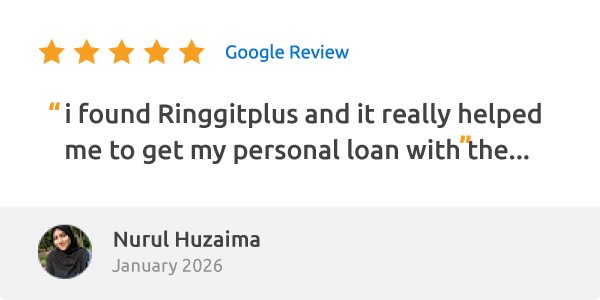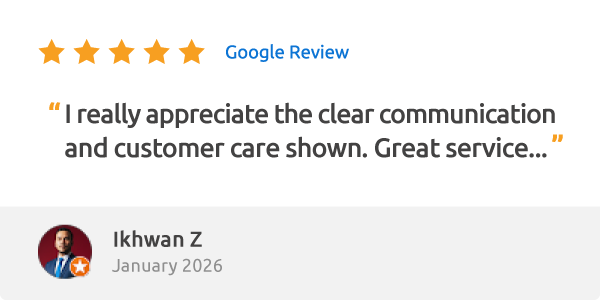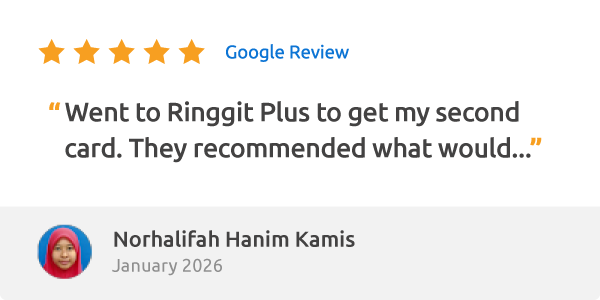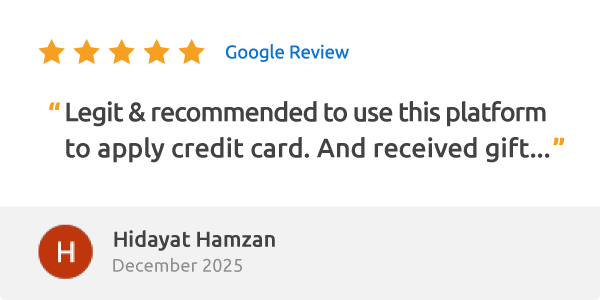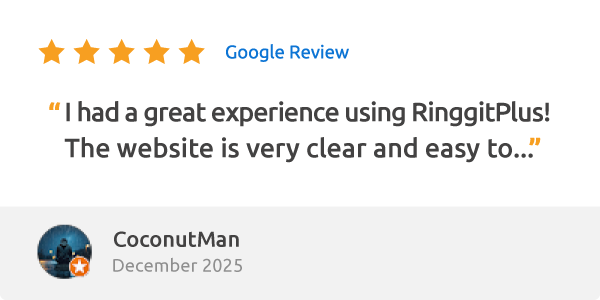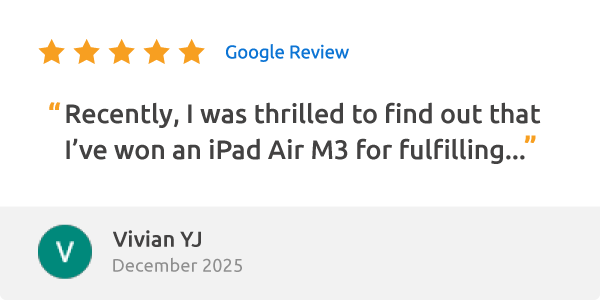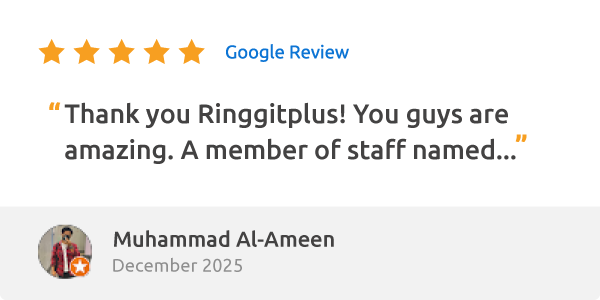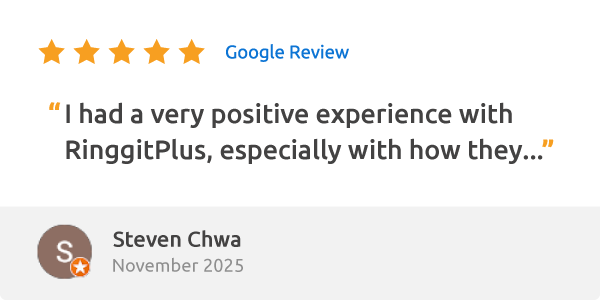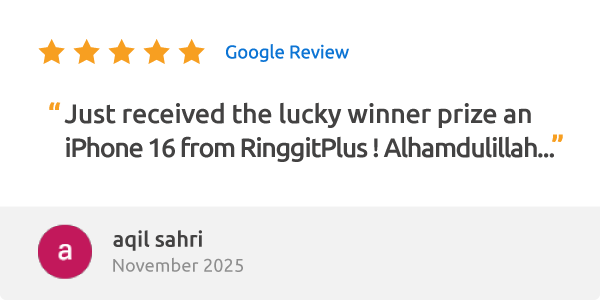Addressing 5 Myths in Takaful Insurance
You must have heard of the term “Takaful insurance” as the other variant of life and non-life insurance products. A lot of Malaysians have come to know of it, but are still not quite sure what it is about.
While the segment is growing, the total premiums and contributions by the Takaful sector is only 17% of the total insurance and Takaful segment, which is significantly small.
Without a firm grasp about Takaful, it does make sense to fall back to buying conventional insurance. You would not spend money on what you are not sure of, right?
Let us address some assumptions or misconceptions of Takaful that are out there:
Takaful is exclusive for the religious
Understandably, having the term “Takaful” would already form the mindset that it is religion-exclusive.
Truth is - the core belief of Takaful is centered around solidarity and brotherhood where it is accepting of all people, regardless of religious beliefs. Hence, there will not be a measure of faith being applied to anyone! Religious or not, Takaful is here to protect you.
Takaful restricts growth
While it opens up the opportunity for Muslims to perform an act of devotion (ibadah), Takaful insurance functions the same way as conventional insurance, which is to insure you.
Takaful insurance is governed by the Shariah Law, where its’ investment funds must adhere to ethical values in Islam that forbid investment in:
- Usury (unreasonable high interest),
- Tobacco
- Non-halal foods,
- Alcohol
- Uncertainty
Question is, would investing in Halal-only investment instruments be as profitable as that of conventional portfolios due to this limitation? This then leads us to the next misconception:
Takaful is not as profitable as conventional insurance
A very common misconception is that Shariah compliant funds deliver weaker investment returns as compared to conventional funds due to the policy being “pious”.
Takaful insurance policy is only limited by the fact that they can only invest in ventures that are considered halal and regulated by the Shariah Advisory Council.
The objective of a Takaful insurance policy is, however, similar to that of a conventional policy, which is to provide you with life and health protection.
In terms of returns, it is based on the concept of profit and loss sharing (Musharakah). At the end of every financial year, excess from the pooled fund after deducting all claims paid to participants becomes a surplus.
This surplus will be distributed as cash dividends to you. You can opt for your cash dividends to be in the form of cash or crediting into your future contributions into the mutual fund, thus having a reduced contribution.
On the other hand, dividends earned for conventional insurance belong to the shareholders of insurance providers.
Takaful functions differently from conventional
Contribution
Similar to conventional insurance, you contribute to a pool of funds that manages the risks of a group of participants.
The level of your contributions or premium payments is based on the type of plan you choose and your assessment risks factors such as age, gender, financial status and medical records.
In addition, your Takaful policy contract specifies the type of risks you’re covered for and the period of coverage.
Coverage
The coverage in Takaful products is the same as that of conventional products. Takaful health insurance provides hospitalisation, surgery and treatment, critical illnesses and accident benefits.
Takaful also comes in two options: (1) a standalone policy or, (2) a rider added to a basic life Takaful plan for a more comprehensive protection.
Having a personal Takaful medical card allows you to tailor your own coverage according to your requirements compared to relying solely on your company group term.
This is because for the latter, the benefits may not fit your needs and its coverage valid only during your employment with the company. Plus, there is no room to negotiate coverage types or savings options.
Therefore, it’s best to have a Takaful medical plan to fall back on when you’re in between jobs or as a top up to supplement your existing insurance policies.
Takaful regulations are “vague”
Another common assumption is that since Takaful is religion-based, are the regulations confined under the Shariah Law only?
It is worth noting that Takaful financial products are regulated by Bank Negara Malaysia under the Islamic Financial Services Act 2013. Takaful’s investment portfolios are strictly monitored by the Shariah Advisory Board to prevent violations against the fundamental Islamic principles.
Key Takeaways
Here are some essential pointers to differentiate Takaful and conventional:
What is the objective?
- Takaful - Mutual agreement with a group of participants to contribute/donate into a pooled fund where it is used to financially guarantee each other against risks. Participants are the owners of the fund which is managed by a Takaful provider on their behalf. Based on the concept of profit-loss sharing, the risks are also shared among participants of the funds.
- Conventional - Unlike a Takaful plan, a conventional insurance policy is based on the concept of risk transfer. Premiums paid to the insurance provider is for individual coverage. By committing to paying premiums, policyholders shift the risks to the insurance company.
How are pooled funds invested?
- Takaful companies are only allowed to invest in Shariah-compliant funds only.
- Conventional insurance companies are free to invest in legal financial instruments such as stocks and bonds which will benefit the interest of shareholders.
What happens to the returns?
- Takaful - Profit and surplus will be shared among the participants and Takaful company (surplus only).
- Conventional - Dividends are returned to the shareholders of the insurance company.
So, is Takaful for you?
What sets Takaful apart is that it is fundamentally a moral-adhering policy, where its religious principles apply beyond Muslims.
Simply, Takaful provides a platform for a group of socially-conscientious people who mutually agreed in providing financial protection for each other.
If this aligns with your personal principles and piqued your interest to have a financial tool that provides you with financial security and at the same time, help the needy - we strongly suggest that you consider adding Takaful insurance into your financial portfolio.

